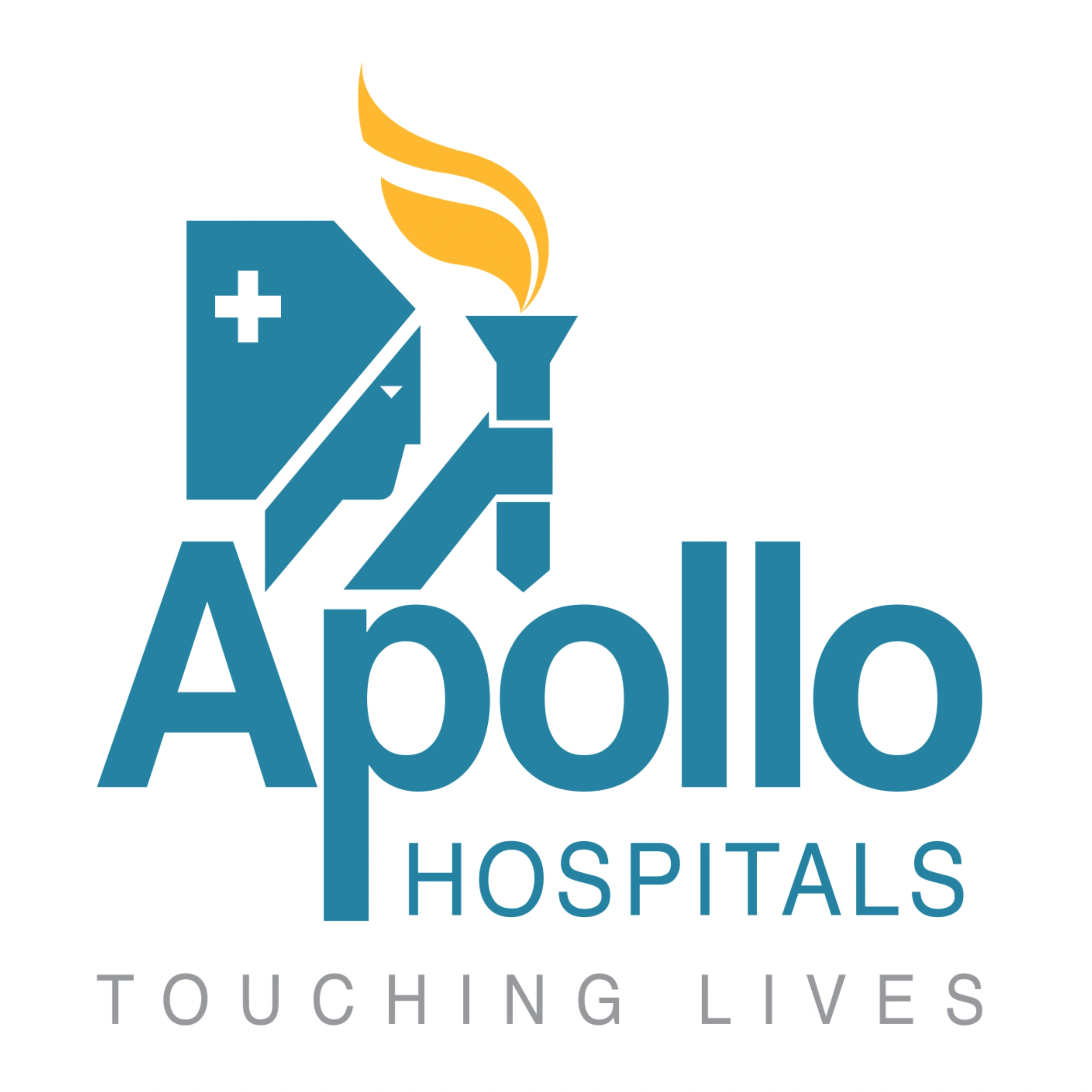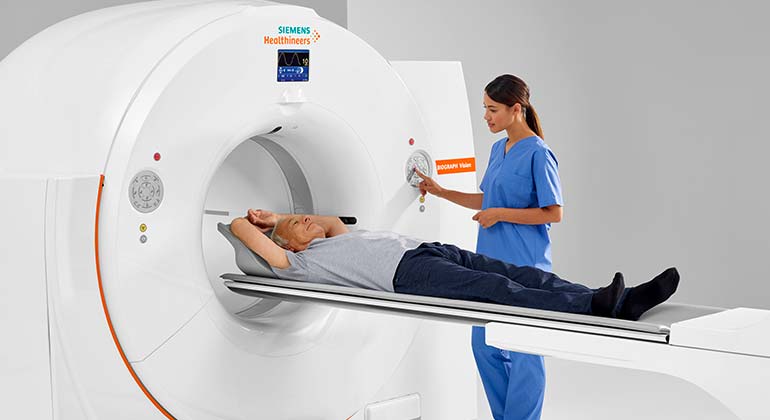What is Nuclear Medicine?
Nuclear medicine is a specialized area of medicine that uses small amounts of radioactive material (radiopharmaceuticals) to diagnose and treat diseases. The radioactive substances are typically injected, inhaled, or swallowed and are used to visualize the internal structures and functions of organs, tissues, and bones. This method helps detect conditions like cancer, heart disease, and neurological disorders, enabling early and accurate diagnosis.
Uses of Nuclear Medicine
Nuclear medicine is used for both diagnostic and therapeutic purposes, offering several advantages over traditional imaging methods like X-rays or CT scans.
Diagnostic Uses:
- Cancer Detection: Helps in identifying tumors and monitoring cancer progression or response to treatment.
- Heart Disease Diagnosis: Assesses blood flow to the heart and evaluates cardiac function.
- Bone Scans: Identifies bone diseases, fractures, infections, or metastasis in bones.
- Thyroid Disorders: Evaluates thyroid function and identifies abnormalities like hyperthyroidism or thyroid cancer.
- Brain Disorders: Assists in detecting conditions like Alzheimer's disease, epilepsy, and Parkinson’s disease.
Therapeutic Uses:
- Cancer Treatment: Radioactive isotopes can be used to treat certain cancers like thyroid cancer, lymphomas, or neuroendocrine tumors.
- Pain Management: Radiation therapy can help treat bone pain caused by cancer metastasis.
Symptoms Requiring Nuclear Medicine
Patients may require nuclear medicine if they experience symptoms such as:
- Unexplained weight loss
- Persistent pain or swelling in bones or joints
- Shortness of breath or chest pain (potential heart issues)
- Persistent headaches or dizziness (neurological concerns)
- Difficulty swallowing or changes in voice (thyroid or cancer concerns)
- Unexplained fatigue or changes in bowel habits (possible cancer or thyroid issues)
Procedure
The procedure for nuclear medicine involves the administration of a radiopharmaceutical, which is a compound that emits small amounts of radiation detectable by specialized imaging equipment like a gamma camera or PET scanner.
- Preparation: The patient may be asked to fast or follow specific instructions depending on the test.
- Radiopharmaceutical Administration: The radiopharmaceutical is injected, ingested, or inhaled based on the test being performed.
- Imaging: After the radiopharmaceutical has been absorbed by the body, imaging scans (PET, SPECT, CT, etc.) are conducted to capture images of the organ or tissue of interest.
- Analysis: The images and data are analyzed by the nuclear medicine physician to diagnose or monitor a condition.
Advanced Techniques in Nuclear Medicine
- Positron Emission Tomography (PET) Scan: Provides highly detailed images of the body's metabolism, often used in cancer diagnosis and treatment monitoring.
- Single Photon Emission Computed Tomography (SPECT) Scan: A type of imaging that provides 3D images to assess blood flow to organs like the heart.
- Therapeutic Radioisotope Therapy: Involves administering radioactive materials directly to treat diseases, particularly cancers and hyperthyroidism.
Why Choose India for Nuclear Medicine?
India is emerging as a top destination for advanced nuclear medicine due to its modern infrastructure, skilled medical professionals, and affordable healthcare options. The country offers state-of-the-art diagnostic and therapeutic services using the latest technology.
Key Advantages of Choosing India:
- Access to world-class nuclear medicine centers equipped with advanced imaging tools.
- Highly trained specialists in nuclear medicine and oncology.
- Affordable treatment options compared to Western countries.
- The integration of nuclear medicine with other diagnostic and treatment specialties for comprehensive care.
- Availability of cutting-edge therapies like targeted radioactive treatments for cancer and heart diseases.
Why Choose Healtour Solutions?
Healtour Solutions connects patients with top hospitals and specialists in nuclear medicine in India. We ensure that each patient receives personalized care in a comfortable and safe environment.
Key Benefits of Choosing Healtour Solutions:
- Expert Consultation: Connect with the best nuclear medicine specialists.
- Personalized Care: Tailored treatment and diagnostic plans based on individual needs.
- Global Network: Access to renowned hospitals and state-of-the-art equipment.
- Seamless Assistance: End-to-end support, including treatment coordination, travel arrangements, and post-care follow-ups.
Cost of Nuclear Medicine in India
Nuclear medicine treatments in India are cost-effective compared to Western countries. The cost for diagnostic procedures like PET scans or SPECT scans typically ranges from INR 10,000 to INR 50,000 (approximately USD 120 to USD 600). The cost for therapeutic treatments may vary depending on the condition being treated and the type of therapy.
Factors Influencing Cost:
- Type of nuclear medicine procedure or therapy
- Hospital or medical center chosen
- Duration of treatment and number of sessions required
- Additional medical services or imaging required
India provides a blend of affordability and quality, making it an ideal choice for both diagnostic and therapeutic nuclear medicine treatments.
Benefits of Nuclear Medicine
- Non-invasive Diagnostic Tool: Provides detailed images without the need for surgical procedures.
- Early Detection of Diseases: Helps identify conditions like cancer, heart disease, and thyroid disorders at an early stage, improving treatment outcomes.
- Precise Targeting: Radiopharmaceuticals target specific areas of the body, reducing the impact on surrounding healthy tissues.
- Effective for Difficult-to-diagnose Conditions: Particularly useful for assessing diseases that may not be visible with other imaging techniques.
Post-Procedure Care
Post-procedure care largely depends on the type of nuclear medicine treatment administered.
- Rest and Observation: Following the procedure, patients are monitored for any immediate side effects.
- Hydration: Patients are advised to drink plenty of fluids to help eliminate the radioactive material from their body.
- Follow-up Appointments: Regular follow-ups with the doctor to assess the results of the treatment and any side effects.
Frequently Asked Questions (FAQs)
- What conditions can nuclear medicine detect?
Nuclear medicine is used to detect cancer, heart diseases, thyroid problems, and neurological disorders.
- Is nuclear medicine safe?
Yes, nuclear medicine is generally safe, with minimal radiation exposure, and is closely monitored by specialists.
- How long does a nuclear medicine scan take?
Depending on the type of scan, it can take between 30 minutes to 2 hours.
- What are the side effects of nuclear medicine? S
ide effects are rare, but patients may experience mild fatigue or minor allergic reactions to the radiopharmaceutical.
- Can nuclear medicine be used for treatment?
Yes, nuclear medicine is also used to treat conditions such as cancer and hyperthyroidism using targeted radiation therapy.
- Is the treatment process painful?
Most nuclear medicine procedures are non-invasive and painless, though some may cause mild discomfort.
- How long will the results take?
Results are typically available within a few hours to a few days, depending on the type of procedure.
- Do I need to prepare for a nuclear medicine scan?
Preparation may include fasting or avoiding certain medications, depending on the type of scan.
- Is nuclear medicine available for children?
Yes, nuclear medicine is safe and effective for children when prescribed by a pediatric specialist.
- How can I book an appointment for nuclear medicine in India?
Contact Healtour Solutions for a consultation, and we will guide you through the process.




